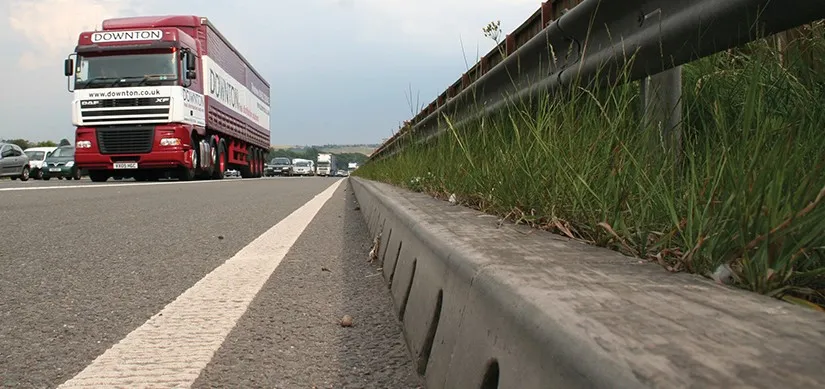The UK’s Department for Transport is providing £348 million of funding to help improve local roads over the next four years. This funding will be available for local authorities to bid for, allowing them to work on major maintenance projects, as well as on projects that will ease congestion on the UK’s busiest roads. This announcement follows a £6.6 billion investment in local road maintenance in the last five years
The funding will be available in two stages for local authorities to bid for in an effort t
July 19, 2019
Read time: 2 mins
The UK’s 5432 Department for Transport is providing £348 million of funding to help improve local roads over the next four years. This funding will be available for local authorities to bid for, allowing them to work on major maintenance projects, as well as on projects that will ease congestion on the UK’s busiest roads. This announcement follows a £6.6 billion investment in local road maintenance in the last five years
The funding will be available in two stages for local authorities to bid for in an effort to tackle issues on major local roads, from easing congestion through to sorting out potholes.
The first pot of investment, the Challenge Fund, will be available for this year and the next, with just under £200 million on offer. Councils will be able to bid for projects that will improve the quality of roads and surrounding infrastructure - including structures such as bridges and viaducts if necessary - to benefit the local economy and make driving safer. In particular, the funding could be put toward sorting major pothole repairs.
The second set of funding, the Pinch Point Fund, will be available in 2021/22 and 2022/23 and totals £150 million. It will go towards council projects designed to help ease congestion on some of their busiest roads. Previous examples of projects funded through Pinch Point include: improving the links between the A12 and A143 to open up housing and commercial development land; new roads helping buses bypass single lane roads; and new roads to link main roads with new housing developments.
The funding will be available in two stages for local authorities to bid for in an effort to tackle issues on major local roads, from easing congestion through to sorting out potholes.
The first pot of investment, the Challenge Fund, will be available for this year and the next, with just under £200 million on offer. Councils will be able to bid for projects that will improve the quality of roads and surrounding infrastructure - including structures such as bridges and viaducts if necessary - to benefit the local economy and make driving safer. In particular, the funding could be put toward sorting major pothole repairs.
The second set of funding, the Pinch Point Fund, will be available in 2021/22 and 2022/23 and totals £150 million. It will go towards council projects designed to help ease congestion on some of their busiest roads. Previous examples of projects funded through Pinch Point include: improving the links between the A12 and A143 to open up housing and commercial development land; new roads helping buses bypass single lane roads; and new roads to link main roads with new housing developments.








